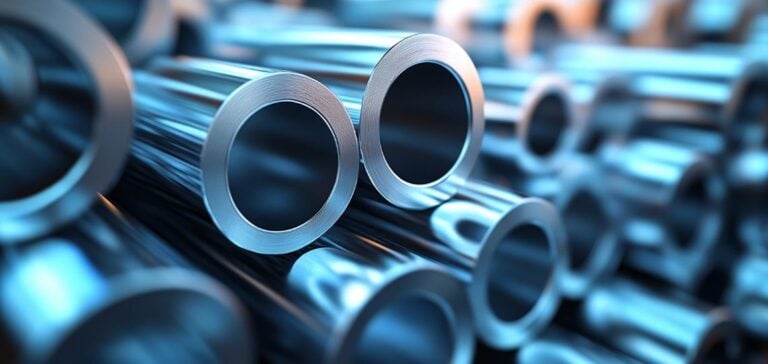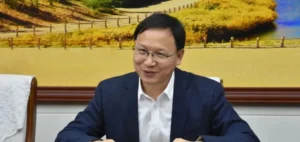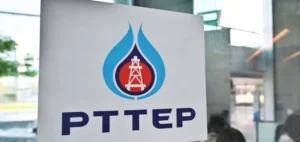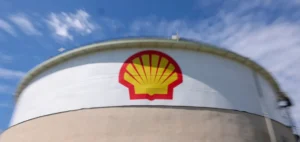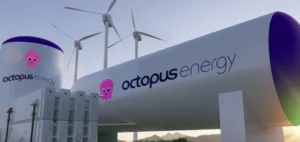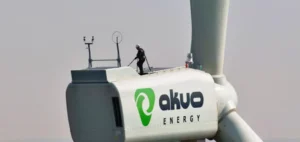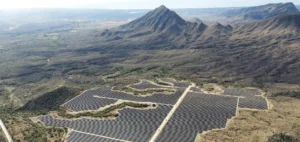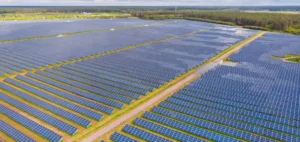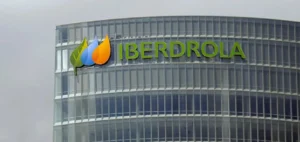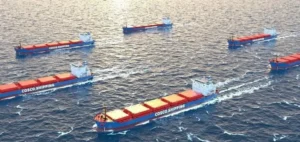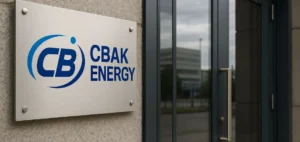The Australian government has unveiled a €1.2 billion funding plan to encourage aluminium production powered by renewable electricity. This initiative aims to reduce reliance on coal-based energy, which still dominates the sector, while enhancing the competitiveness of Australian players in the face of growing global demand for decarbonized metals.
Australia’s aluminium industry, responsible for approximately 10% of the country’s national energy consumption, has historically relied on coal-powered plants. However, with the progressive closure of these facilities over the next decade, an increasing number of smelters are turning to renewable sources such as solar and wind energy.
A Transition Backed by Financial Incentives
The program provides production credits proportional to the volumes of aluminium manufactured using renewable electricity. These incentives, available over a ten-year period, aim to accelerate the integration of low-carbon technologies into production chains while boosting the attractiveness of Australian exports.
According to estimates from the World Economic Forum, global aluminium demand is expected to increase by 40% by 2030, driven by its central role in automotive, aerospace, and construction sectors. Simultaneously, aluminium remains a significant source of greenhouse gas emissions, accounting for about 2% of global emissions.
Aligning Economy and Energy Transition
This plan is part of Australia’s national decarbonization strategy, which targets a 43% reduction in greenhouse gas emissions by 2030 and carbon neutrality by 2050. The government is leveraging the growing share of renewable energy—already accounting for over 30% of national electricity production in 2022—to transform its industrial landscape.
The global market is increasingly favoring sustainably produced metals, and Australia, rich in natural resources, aspires to play a leading role in this area. By promoting industrial innovation and the adoption of clean energy, this plan aims to make low-carbon aluminium a strategic pillar of the global energy transition.
A Geopolitical and Economic Issue
Beyond climate considerations, this initiative reflects the geopolitical and economic stakes tied to the production of critical metals. Australia, the world’s sixth-largest aluminium producer, seeks to strengthen its role in the global supply chain by providing a reliable alternative to regions whose industries remain heavily dependent on fossil fuels.
This strategic repositioning is designed to meet the growing demands of international markets, where environmental regulations and consumer preferences are increasingly shaping trade flows.

